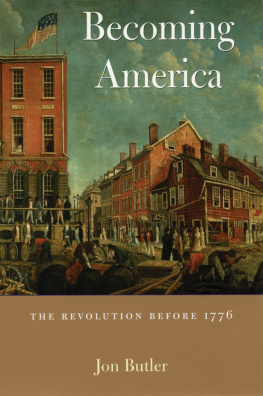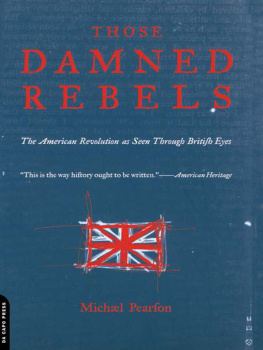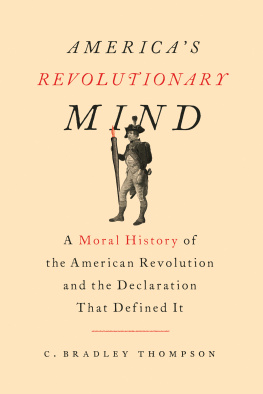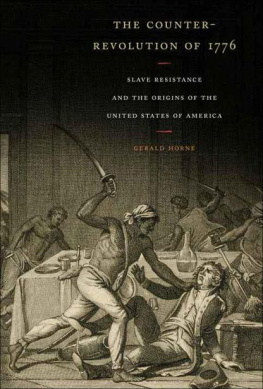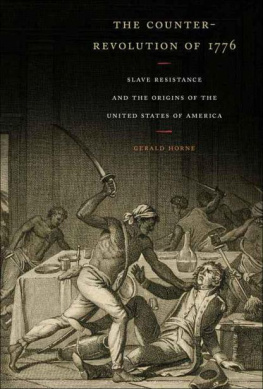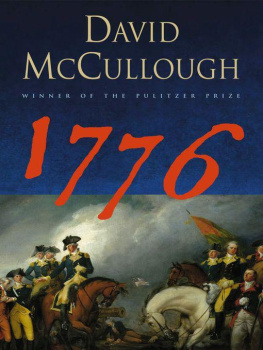Jon Butler - Becoming America: The Revolution Before 1776
Here you can read online Jon Butler - Becoming America: The Revolution Before 1776 full text of the book (entire story) in english for free. Download pdf and epub, get meaning, cover and reviews about this ebook. year: 2000, publisher: Harvard University Press, genre: Politics. Description of the work, (preface) as well as reviews are available. Best literature library LitArk.com created for fans of good reading and offers a wide selection of genres:
Romance novel
Science fiction
Adventure
Detective
Science
History
Home and family
Prose
Art
Politics
Computer
Non-fiction
Religion
Business
Children
Humor
Choose a favorite category and find really read worthwhile books. Enjoy immersion in the world of imagination, feel the emotions of the characters or learn something new for yourself, make an fascinating discovery.
- Book:Becoming America: The Revolution Before 1776
- Author:
- Publisher:Harvard University Press
- Genre:
- Year:2000
- Rating:5 / 5
- Favourites:Add to favourites
- Your mark:
- 100
- 1
- 2
- 3
- 4
- 5
Becoming America: The Revolution Before 1776: summary, description and annotation
We offer to read an annotation, description, summary or preface (depends on what the author of the book "Becoming America: The Revolution Before 1776" wrote himself). If you haven't found the necessary information about the book — write in the comments, we will try to find it.
Jon Butler: author's other books
Who wrote Becoming America: The Revolution Before 1776? Find out the surname, the name of the author of the book and a list of all author's works by series.
Becoming America: The Revolution Before 1776 — read online for free the complete book (whole text) full work
Below is the text of the book, divided by pages. System saving the place of the last page read, allows you to conveniently read the book "Becoming America: The Revolution Before 1776" online for free, without having to search again every time where you left off. Put a bookmark, and you can go to the page where you finished reading at any time.
Font size:
Interval:
Bookmark:





London, England
of Harvard College
All rights reserved
Printed in the United States of America
Third printing, 2001
Becoming America : the revolution before 1776 / Jon Butler.
p. cm.
Includes bibliographical references (p. ) and index.
ISBN 0-674-00091-9 (cloth)
ISBN 0-674-00667-4 (pbk.)
1. United StatesHistoryColonial period, ca. 16001775.
2. United StatesCivilizationTo 1783. I. Title.
E188 .B97 2000
973.2dc21 99-054646

GENEVIEVE VIRGINIA SORENSON BUTLER
AND IN MEMORY OF MY FATHER
HAROLD JASON BUTLER
19121998

that you cant see anywhere else.



PEOPLES
ECONOMY
POLITICS
THINGS MATERIAL
THINGS SPIRITUAL
1776




Font size:
Interval:
Bookmark:
Similar books «Becoming America: The Revolution Before 1776»
Look at similar books to Becoming America: The Revolution Before 1776. We have selected literature similar in name and meaning in the hope of providing readers with more options to find new, interesting, not yet read works.
Discussion, reviews of the book Becoming America: The Revolution Before 1776 and just readers' own opinions. Leave your comments, write what you think about the work, its meaning or the main characters. Specify what exactly you liked and what you didn't like, and why you think so.

